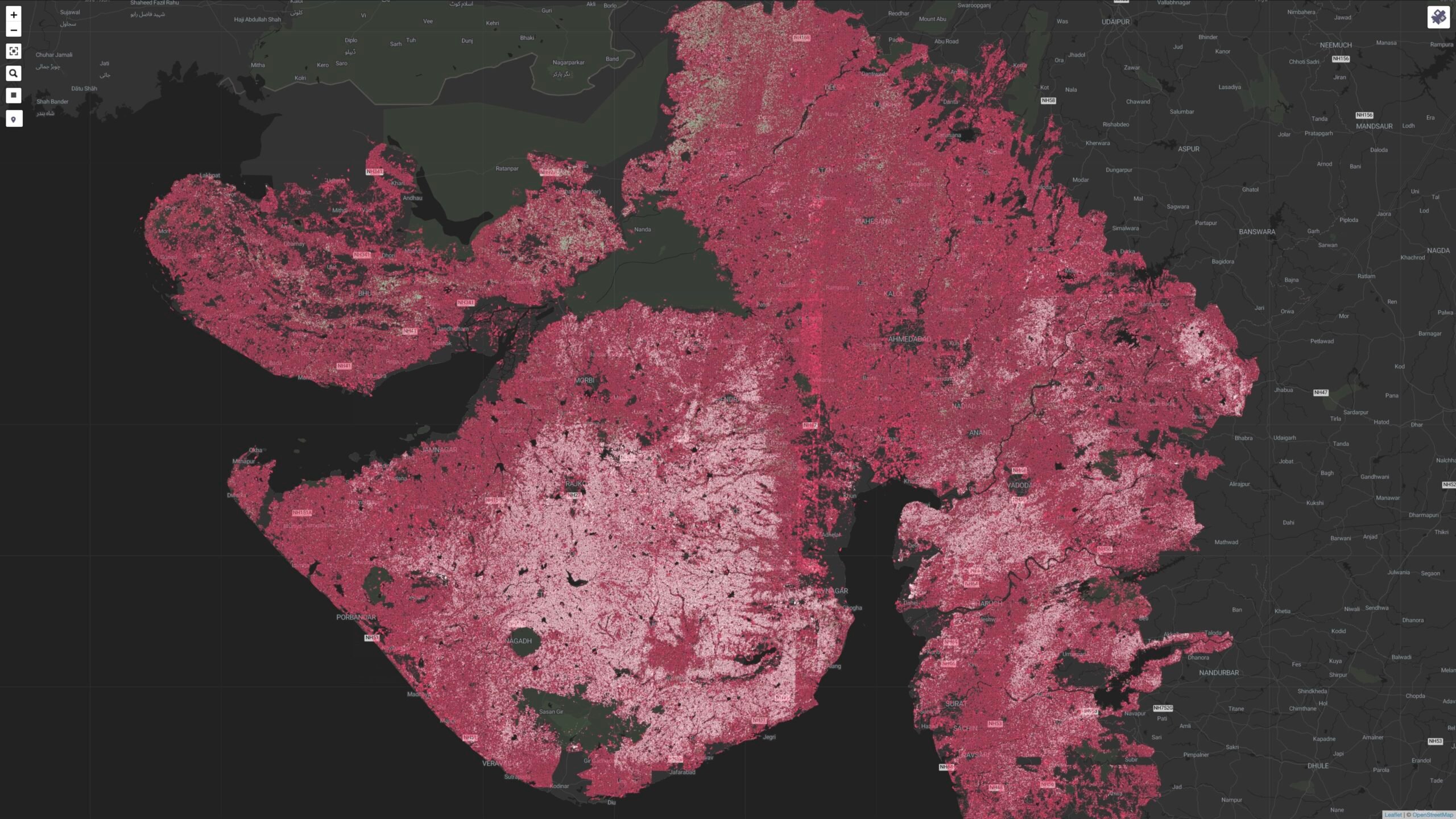Key Takeaways:
- The Global Organic Textile Standard (GOTS) and AI firm Marple announced the results of their Satellite Cotton Monitoring Project in India, achieving 97% accuracy in detecting cotton fields and over 80% accuracy in determining organic status.
- The project utilizes AI and satellite technology, leveraging Marple’s CoCuRA software, to identify both conventional and organic cotton fields.
- The technology aims to support organic cotton availability by identifying farms practicing near-organic or uncertified organic methods, facilitating certification.
- The project integrates AI and satellite data to enhance the integrity of organic fibre and contributes to the Global Fibre Registry for monitoring cotton production.
- Following the pilot in India, the project is expected to expand to other regions and additional crops.
The Global Organic Textile Standard (GOTS) and AI firm Marple have revealed the results of their Satellite Cotton Monitoring Project in India. The project, which combines artificial intelligence (AI) and satellite data, has demonstrated a 97% accuracy rate in detecting cotton fields and over 80% accuracy in determining whether the fields are managed organically. The initiative is part of efforts to enhance transparency in cotton farming and support sustainable agriculture practices.
How it Works
The Satellite Cotton Monitoring Project is co-financed by GOTS and the European Space Agency’s (ESA) Business Applications and Space Solutions (BASS) programme. It uses Marple’s Cotton Cultivation Remote Assessment (CoCuRA) software, which was developed specifically to detect cotton fields. Field teams gathered data from over 6,000 fields in the states of Gujarat, Haryana, Madhya Pradesh, and Maharashtra, which was used to train the software for cotton monitoring. The software was then applied to the entire agricultural area of India, covering 2.7 million square kilometres, identifying both organic and conventional cotton fields.
Enhancing Organic Cotton Availability
One of the objectives of the project is to identify cotton fields where farmers are using near-organic or uncertified organic methods. Jeffrey Thimm, organic production specialist at GOTS, explained that this identification can assist in the certification process for these farms, potentially increasing the availability of certified organic cotton.
Securing Organic Fibre Integrity
The project integrates satellite data with AI to verify cotton cultivation practices, contributing to GOTS’s Global Fibre Registry, a database that tracks raw material production. This system is intended to strengthen the existing measures GOTS has in place for monitoring and verifying organic fibre production.
Sustainability in Textiles
GOTS promotes sustainability in textiles by certifying processes that exclude harmful chemicals and ensure ethical practices along the value chain. Claudia Kersten, managing director of GOTS, emphasized that the combination of AI and satellite technology could help in cross-verifying field locations and sizes, providing an additional layer of monitoring.
Future Prospects and Global Impact
The Satellite Cotton Monitoring Project, following its implementation in India, is set to expand to other regions and additional crops. Daniel Lanz, managing partner at Marple, highlighted that despite challenges such as small field sizes and indistinct field boundaries in India, the CoCuRA software achieved high accuracy. Guillaume Tuan Prigent from ESA discussed plans to scale the project globally for broader agricultural applications.
The collaboration between GOTS and Marple aims to improve monitoring practices in agriculture, potentially extending to other crops in the future.


